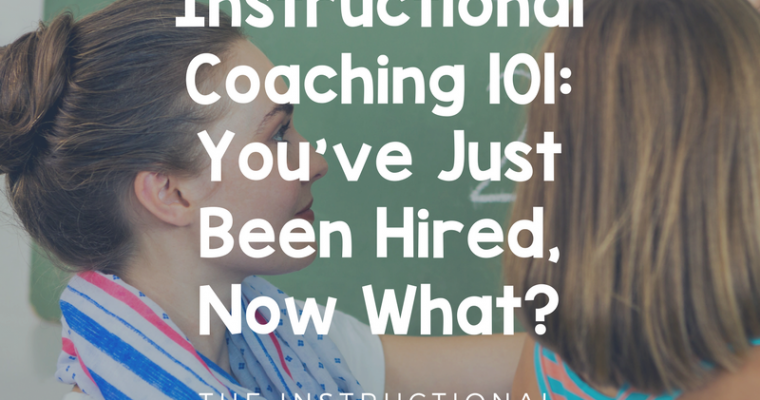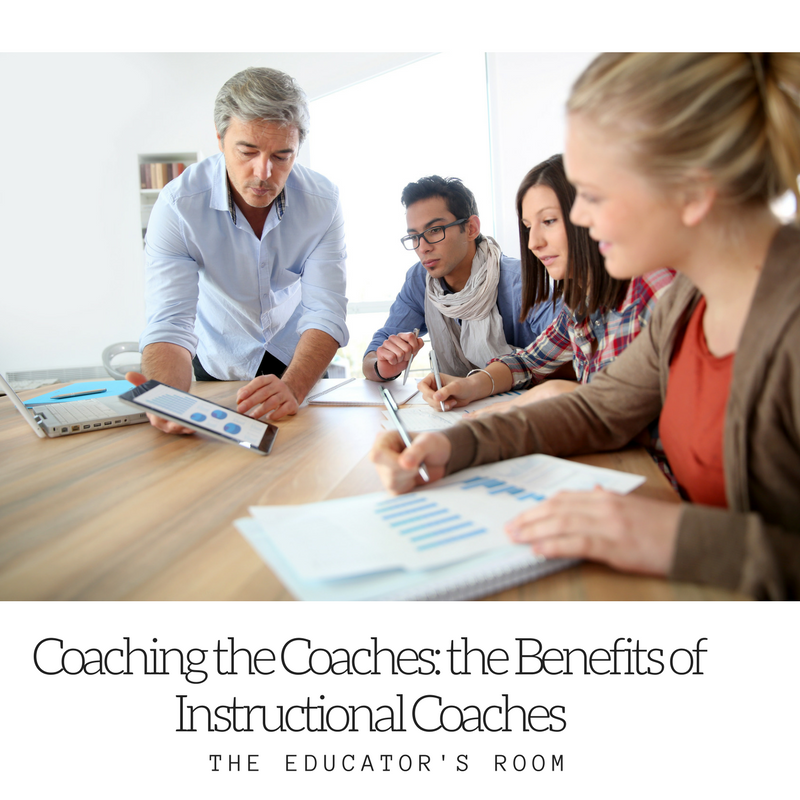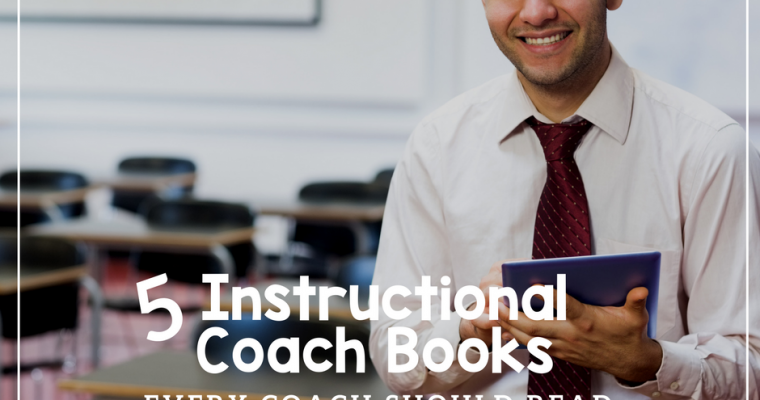My First Step to Self-Care: A Balanced Schedule
In the life of an Instructional Coach, we are there to support teachers. We love seeing teachers continue to grow. We want to be there for them, provide feedback and do all we can to help facilitate their development. However, we often put our all […]





